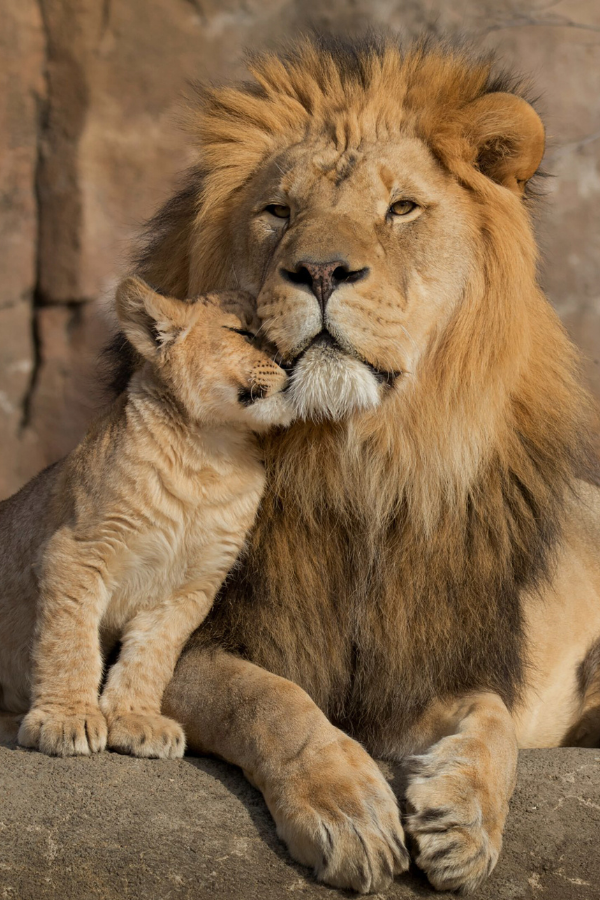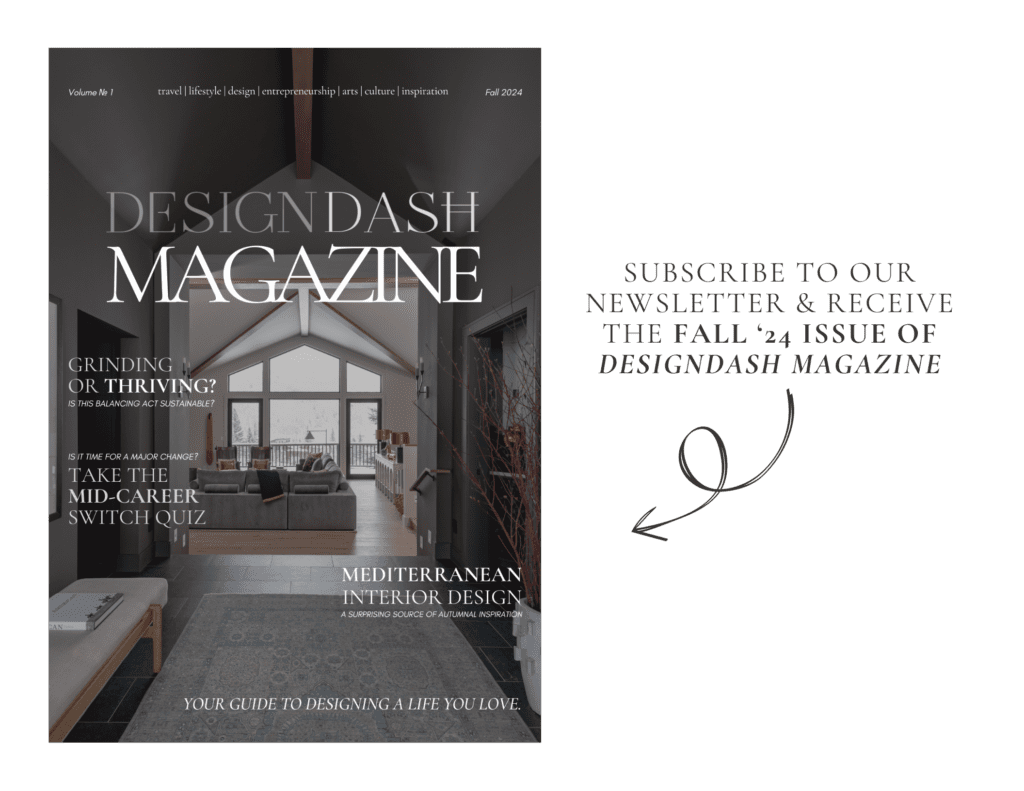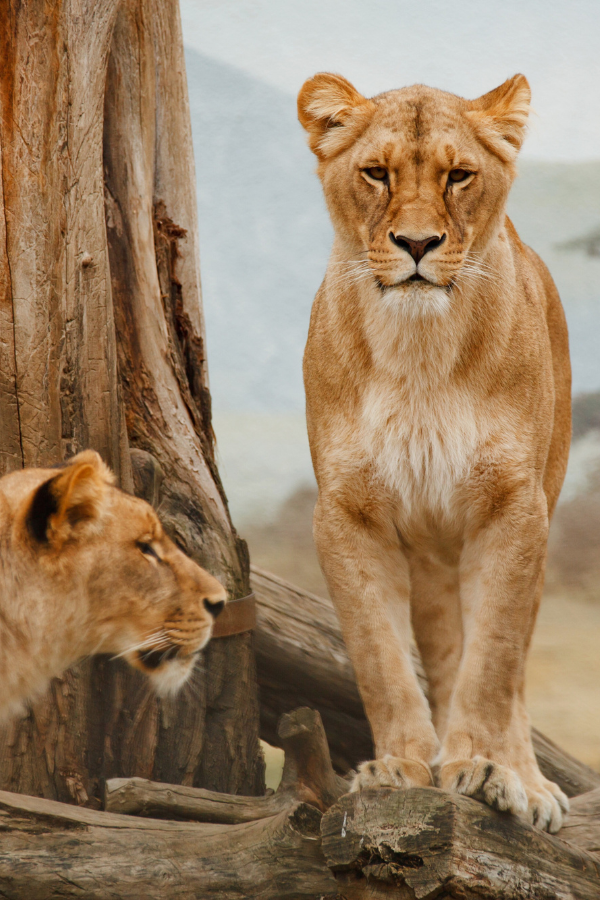

Designing a Morning Routine Based on Your Chronotype (And Why It Works)
Summary
Learn about the four chronotypes (Bear, Wolf, Lion, and Dolphin), how they impact your energy and focus, and why aligning with your natural rhythm can lead to better productivity, sleep quality, and mental health. This personalized approach can transform mornings from chaotic to calm, setting the tone for a successful day.
Reflection Questions
- Which chronotype do you most identify with, and how do your current sleep patterns align with its characteristics?
- What morning habits currently feel forced or out of sync with your energy levels, and how might you adjust them?
- How does societal pressure, like work schedules or family responsibilities, impact your ability to follow your natural rhythms?
Journal Prompt
Take 15 minutes to reflect on your current morning routine. Which parts feel energizing, and which parts feel like a struggle? Write about how understanding your chronotype could help you align your mornings with your natural rhythms. What is one small change you can make tomorrow to create a morning that feels calmer and more productive?
For some, mornings are magical, but for others, they’re a complete drag. No matter what, they’re BUSY. Whether you’re chasing after kids, reading dozens of emails before breakfast, or just trying to squeeze in a moment for yourself, it’s easy to feel overwhelmed before the day even begins. But what if your morning routine didn’t have to feel like a battle? By designing a routine that works with your natural energy instead of against it, you can start your day feeling focused, calm, and ready to tackle what’s ahead. In this article, we’ll explore the concept of chronotypes—your biological “sleep personality”—and how understanding them can help you align your mornings with your body’s unique rhythm. Let’s make mornings work for you!
What Are Chronotypes?
Chronotypes are like your internal clock’s personality—it’s the natural rhythm that determines when you feel awake, alert, and ready to conquer the world versus when you’re ready to curl up and sleep. Think of it as your body’s preferred schedule for energy and rest, shaped by your unique biology.
It’s not something you control; it’s rooted in your circadian rhythm, the 24-hour cycle that governs everything from your sleep to your energy levels. Instead of forcing yourself into a “one-size-fits-all” morning routine, understanding your chronotype can help you enjoy better sleep quality and align your day with your natural biological rhythms.
Who Came Up with the Chronotype Concept?
While scientists have studied circadian rhythms for decades, the idea of chronotypes was popularized by Dr. Michael Breus, a clinical psychologist and sleep expert, in his book The Power of When. Dr. Breus expanded on traditional “early bird” and “night owl” categories to include four chronotypes based on sleep patterns and energy cycles. His work brought a fresh perspective to productivity and self-care, emphasizing that your best performance depends on timing your activities to match your chronotype.
Breus’ Four Chronotypes
Bear Chronotype


Most people fall into this category. Bears’ energy levels sync with the sun—they wake up with light, hit their peak productivity mid-morning, and feel ready to wind down as the sun sets in the early evening or late afternoon. If you find that you’re at your sharpest around 10 a.m. and love a consistent routine, you’re probably a Bear. This chronotype thrives on steady, predictable schedules and is often described as the most balanced of the four.
Wolf Chronotype


If mornings are your worst nightmare and you come alive after the rest of the world is winding down, you might be a Wolf. Wolves are natural night owls who hit their creative and productive stride late in the afternoon or evening. They often struggle with traditional 9-to-5 schedules, preferring to work or think deeply when others are asleep. If you’re the type to binge-watch your favorite show until 1 a.m. or sign up for night shifts and feel great about it, welcome to Team Wolf.
Lion Chronotype


Lions are the early risers. If you wake up before your alarm, ready to tackle the day’s hardest tasks by 7 a.m., you’re likely a Lion morning chronotype. These individuals love structure and thrive in the morning hours, but they tend to fade fast in the evenings, often struggling to stay awake past 9 p.m. If you’re scheduling an important meeting with a Lion, aim for the morning—they’ll be at their sharpest.
Dolphin Chronotype


Dolphins are the light sleepers of the bunch, often dealing with irregular sleep schedules and difficulty falling or staying asleep. They’re known for their sharp minds and bursts of productivity but can struggle to find a consistent rhythm.
Anxiety about sleep often plays a role here. If you’ve ever stared at the ceiling at 3 a.m. stressing about the day ahead, you might be a Dolphin. Their energy ebbs and flows unpredictably, so flexibility is key for this chronotype.
Take Our Chronotype Quiz
By understanding your chronotype, you can stop fighting against your natural rhythm and instead design a morning routine (and a day!) that feels right for you. Which one do you think you are?


Why Chronotypes Matter for Your Morning Routine
Your chronotype plays an important role in determining how your energy, focus, and productivity ebb and flow throughout the day. Our bodies operate on circadian rhythms, which are guided by an internal “master clock” in the brain that governs everything from core body temperature to hormone release and mental alertness.
For example, your dim light melatonin onset—when melatonin begins to rise as darkness falls—signals the body to prepare for sleep. This circadian phase shift varies depending on whether you’re a morning chronotype, evening chronotype, or somewhere in between.
Fighting against these rhythms, like forcing a night owl to rise early or asking a lion chronotype to stay sharp late into the night, can lead to poor sleep quality and a cycle of burnout, inefficiency, and even mental health challenges. By respecting your sleep-wake cycle, you can optimize your day for better energy and productivity.
Fuel your creative fire & be a part of a supportive community that values how you love to live.
subscribe to our newsletter
*please check your Spam folder for the latest DesignDash Magazine issue immediately after subscription


How Fighting Your Natural Rhythm Leads to Burnout or Inefficiency
Trying to force yourself into a routine that clashes with your sleep chronotype—say, an evening chronotype attempting a 5 a.m. workout—can leave you feeling exhausted and mentally foggy. Chronotype differences are hardwired into our biological rhythms, meaning they aren’t something you can simply “train” away.
Studies in sleep medicine—including this one published in the Journal of Biological Sciences back in 2011—have shown that chronic misalignment, often called social jet lag, can disrupt circadian systems and lead to long-term health issues like metabolic syndrome, affective disorders, and even psychiatric disorders. Evening types who are pressured to conform to early bird schedules often experience poor sleep quality, negative affect, and dips in performance. Aligning your routine with your natural rhythm instead of battling it is the key to maintaining better sleep quality, balanced energy, and mental clarity.
What If You Can’t Work Around Your Chronotype?


Life isn’t always conducive to perfectly aligned biological rhythms. Young adults, for instance, often have evening chronotypes but face early starts for work or school, leading to disrupted sleep patterns. Similarly, socioeconomic factors, light exposure, and family obligations can interfere with tailoring a routine.
For those rising early out of necessity, focus on integrating simple habits like consistent meal times, mindful eating habits, or even light exposure during the early evening to help regulate your circadian rhythm. If you feel stuck, remember that this isn’t about perfection—it’s about progress.
By listening to your body’s cues, adjusting your sleep schedule when possible, and taking small steps to prioritize your sleep behavior, you’ll feel more in tune with yourself and less overwhelmed by life’s demands.
Designing a Morning Routine for Each Chronotype
Bear in mind that there is more than one chronotype variation per type. Chronotypes fall on a spectrum, meaning not everyone fits neatly into one category. You might identify with aspects of multiple chronotypes depending on your life stage, gender differences, or environmental factors like light exposure and shift schedule.
For example, younger adults often lean towards evening chronotypes, while older adults may shift toward morning chronotypes. Recognizing these variations is important because your sleep chronotype isn’t the only factor that influences your sleep wake cycle—it’s part of a broader system of biological rhythms. This is why a personalized approach, rather than a rigid plan, makes the most sense.
With that said, let’s take a look at what your morning routine might look like if it was designed around your chronotype.
Sample Morning Routines for the Four Chronotypes
Morning Routine for the Bear Chronotype


As a bear chronotype, your mornings are best served by a steady and predictable routine that matches your natural rhythm. Start your day with light movement, like stretching or yoga, to ease into your energy peak mid-morning. Schedule your most focus-heavy tasks, whether it’s writing, strategizing, or problem-solving, for this productive window. A bear thrives on consistency, so aligning your routine with the circadian rhythm that syncs with the sun will set you up for success.
Morning Routine for the Wolf Chronotype


Wolves are natural night owls, so forcing an energetic morning isn’t realistic—or kind. Begin your day with a slow, reflective start. Use the late morning to engage in creative or low-pressure tasks, such as brainstorming or journaling, as your body and mind wake up. Wolves often find their core body temperature rises later in the day, which is why scheduling heavier tasks for the afternoon or evening matches their peak performance times.
Morning Routine for the Lion Chronotype


Lions are the quintessential early birds, hitting their energy stride before most people have had their first coffee. Use the early morning to knock out big tasks, whether that’s an important project or an intense workout. By early afternoon, your energy starts to wane, so this is the time to shift to lighter, administrative tasks or relaxing activities. Lions thrive when they capitalize on their early bursts of productivity, setting a tone of accomplishment for the day.
Morning Routine for the Dolphin Chronotype


Dolphins often struggle with sleep problems or irregular sleeping habits, so gentle, low-pressure mornings are essential. Start your day with mindfulness exercises like meditation or deep breathing to help regulate your sleep wake patterns and reduce any stress left over from the night. Avoid rushing into demanding tasks, and instead, focus on small, manageable wins to build momentum for the day. Flexible routines are key for dolphins to avoid feeling overwhelmed.
Making the Most of Your Routine—No Matter Which Chronotype
Prioritize one or two must-dos
Trying to tackle a long to-do list in the morning can backfire, especially if your circadian phase doesn’t support high energy at that time. Focus on one or two essential tasks to build momentum without overwhelming yourself.
Build flexibility into your routine for when life happens
Life doesn’t always align with our ideal biological rhythms, and that’s okay. If your morning doesn’t go as planned, shift your focus to when your energy naturally peaks later in the day. Regulating sleep patterns with consistent wake-up times can also help mitigate disruptions.
Morning self-care as a foundation for the day
Incorporating small rituals like a morning coffee, journaling, or a quick walk sets a positive tone and reinforces a sense of control. These habits are particularly beneficial for reducing social jet lag and aligning your circadian system, ultimately supporting better sleep quality and overall mental health.
The Philosophy of Alignment


Imagine what life could look like if your mornings felt like an extension of your natural energy rather than a battle against it. When you work with your chronotype, you’re not just improving your mornings—you’re improving your entire day.
By honoring the rhythms of your body, such as your circadian system and melatonin rhythm, you’ll experience better sleep quality, enhanced focus, and more consistent productivity. This alignment can reduce stress, improve mental health, and even minimize the risk of burnout. It’s not about doing more; it’s about doing what matters most at the right time for you.
The Power of Self-Awareness in Reclaiming Control Over Your Day
Understanding your chronotype is a form of self-awareness that helps you regain control in a world that often demands one-size-fits-all schedules. By identifying your unique biological rhythms—like your diurnal variation in energy and core body temperature—you can craft a daily routine that supports your goals without overextending yourself.
This self-awareness extends beyond your mornings to shape better eating habits, healthier sleep behavior, and even more balanced relationships with your time and energy. When you know yourself, you empower yourself to live and work in harmony with your body instead of fighting against it.
Acknowledge That This is a Journey, and Routines Evolve as Life Changes
Life is unpredictable, and so are our needs. Your sleep chronotype or routine may shift due to life stages, work demands, or even health challenges. For instance, morning chronotypes might find it harder to maintain early routines during times of stress, while night owls may adapt their schedules after becoming parents.
Recognize that this is a journey, not a destination. Adjustments are a natural part of growth. Your routines will evolve, and that’s a good thing—it means you’re staying in tune with your changing rhythms and needs.
Final Thoughts: Make Mornings Magical Instead of a Drag


Your mornings don’t have to feel like chaos or a chore. Designing a morning routine tailored to your chronotype is about embracing who you are and what works best for your body. When you start aligning your mornings with your biological rhythms, you’ll find more ease and joy in your days.
Experiment, reflect, and don’t be afraid to tweak as you learn more about yourself. As you embark on this journey, remember: “You’re not failing at mornings; you just haven’t found your morning yet—and that’s about to change.”
Actionable Takeaways from DesignDash
Top Tip 1: Take another chronotype quiz like the Munich Chronotype Questionnaire (MCTQ), or spend a week observing your energy patterns and sleep-wake cycles.
Top Tip 2: Pick one small, meaningful activity to include in your morning—likejournaling, stretching, or planning your day—based on your chronotype.
Top Tip 3: Adjust your routine gradually—change one thing at a time for sustainable habits that fit your rhythm and lifestyle.









